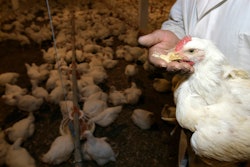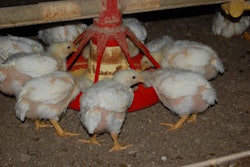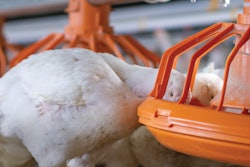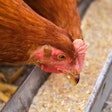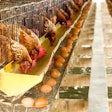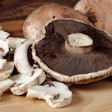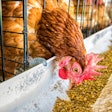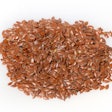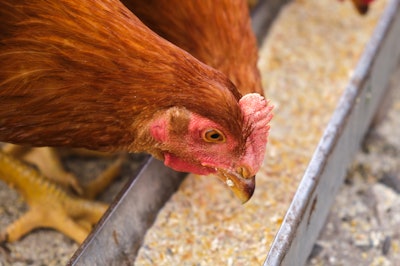
Research funded by the U.S. Department of Agriculture (USDA) will determine whether nutritionally enhanced orange corn could improve heat stress management in layer hens.
“This project will make a meaningful contribution to poultry science and the laying hen industry for a number of reasons,” said NutraMaize CEO Evan Rocheford.
“If successful, this project would offer the laying hen industry a practical nutritional approach for addressing heat stress that also enhances yolk pigmentation and the nutritional quality of the table egg, one of America’s most important sources of protein.”
An alternative to current heat stress management
The comfortable ambient temperature for poultry is between 18 and 24 ‘C. Above this temperature, birds need to pant to dissipate body heat. Exposure to a combination of high heat and high humidity can cause heat stress, leading to increased morbidity and mortality.
“One of the major consequences [of heat stress] is oxidative stress, which is caused by the production of excess free radicals, or unstable atoms that damage cells,” said Rocheford. “Antioxidants neutralize free radicals and prevent damage. Therefore, increasing the antioxidant intake of birds has been proposed as a mitigation strategy for heat stress.”
The project will specifically focus on a class of antioxidants called xanthophyll carotenoids.
“Xanthophylls are involved in yolk pigmentation and they bioaccumulate throughout laying hens’ bodies. They provide the color of the birds’ distinctive yellow fat, beaks, shanks and feet,” Rocheford said.
The 90-week controlled environment heat stress study will take place at Purdue University’s Animal Sciences Research Education Center. In addition, an 84-week field study will be conducted on three 20,000-bird barns located across the Midwest.
In previous studies, the nutritionally enhanced orange corn reduced the severity of footpad dermatitis in broilers and helped poultry cover more quickly from diseases like coccidiosis.



